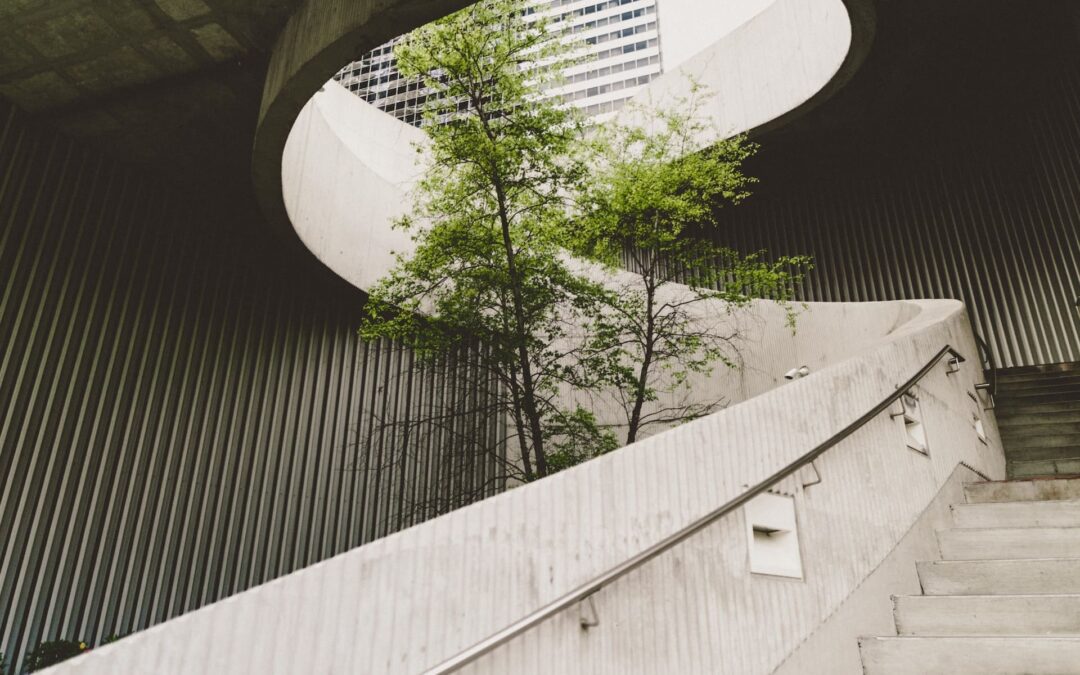The United Arab Emirates (UAE) has been at the forefront of rapid development and urbanization over the past few decades. As the country continues to grow, there is an increasing focus on sustainable development and environmentally friendly practices. Within the construction industry, Mechanical, Electrical, and Plumbing (MEP) projects play a vital role in ensuring energy efficiency, reducing carbon emissions, and achieving sustainable goals. This write-up explores the significance of sustainability in UAE MEP projects and highlights key strategies and initiatives that contribute to a greener future.
Energy Efficiency:
Energy consumption is a significant contributor to carbon emissions and resource depletion. UAE MEP projects are increasingly incorporating energy-efficient technologies and practices to minimize their environmental impact. This includes utilizing high-efficiency HVAC systems, LED lighting, advanced building automation systems, and renewable energy sources such as solar panels. By optimizing energy usage and reducing wastage, MEP projects can significantly contribute to the UAE’s sustainability goals.
Water Conservation:
Water scarcity is a critical issue in the UAE, making water conservation a top priority. MEP projects are implementing innovative strategies to reduce water consumption through efficient plumbing systems, water-efficient fixtures, smart irrigation systems, and greywater recycling. By integrating water-saving measures into MEP designs, projects can minimize water waste and ensure sustainable water management in a region with limited freshwater resources.
Waste Management:
Proper waste management is crucial for sustainable development. MEP projects in the UAE are adopting waste reduction and recycling practices to minimize the environmental impact of construction and operation phases. This includes implementing waste segregation systems, promoting recycling initiatives, and utilizing sustainable materials. By prioritizing waste management, MEP projects can contribute to a circular economy, reducing landfill waste and conserving resources.
Green Building Certifications:
Green building certifications, such as Leadership in Energy and Environmental Design (LEED) and Estidama’s Pearl Rating System, provide guidelines and benchmarks for sustainable construction practices. UAE MEP projects are increasingly seeking these certifications to demonstrate their commitment to sustainability. These certifications encourage projects to incorporate energy-efficient MEP systems, renewable energy integration, water conservation measures, and environmentally friendly materials. The pursuit of green building certifications drives innovation and sets higher standards for sustainability in MEP projects.
Collaborative Approach:
To achieve sustainable MEP projects, collaboration among stakeholders is crucial. Architects, Consultants, engineers, contractors, and developers need to work together from the project’s inception to identify sustainable opportunities and implement environmentally friendly solutions. Integrating sustainability into the early stages of MEP project planning ensures cost-effective and efficient implementation of green technologies, promoting long-term sustainability and reducing the need for retrofits.
Sustainability is no longer an option but a necessity for MEP projects in the UAE. The country’s commitment to sustainable development has paved the way for innovative approaches, technologies, and certifications focused on energy efficiency, water conservation, waste management, and green building practices. By embracing sustainability in MEP projects, the UAE can reduce its carbon footprint, conserve resources, and create healthier and more livable environments for its residents. The ongoing efforts in the MEP sector propel the UAE toward a greener future and serve as an inspiration for sustainable development worldwide.

